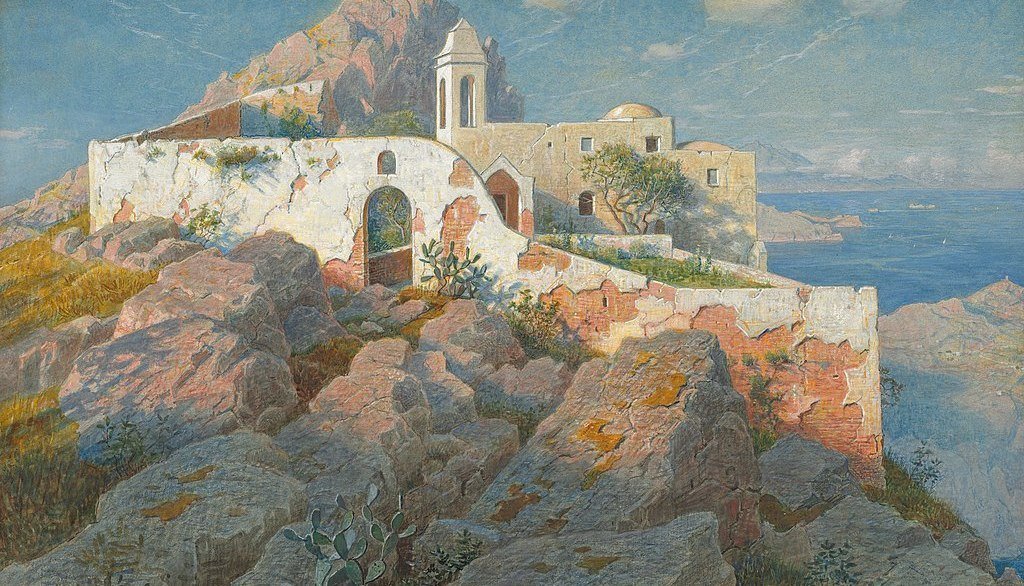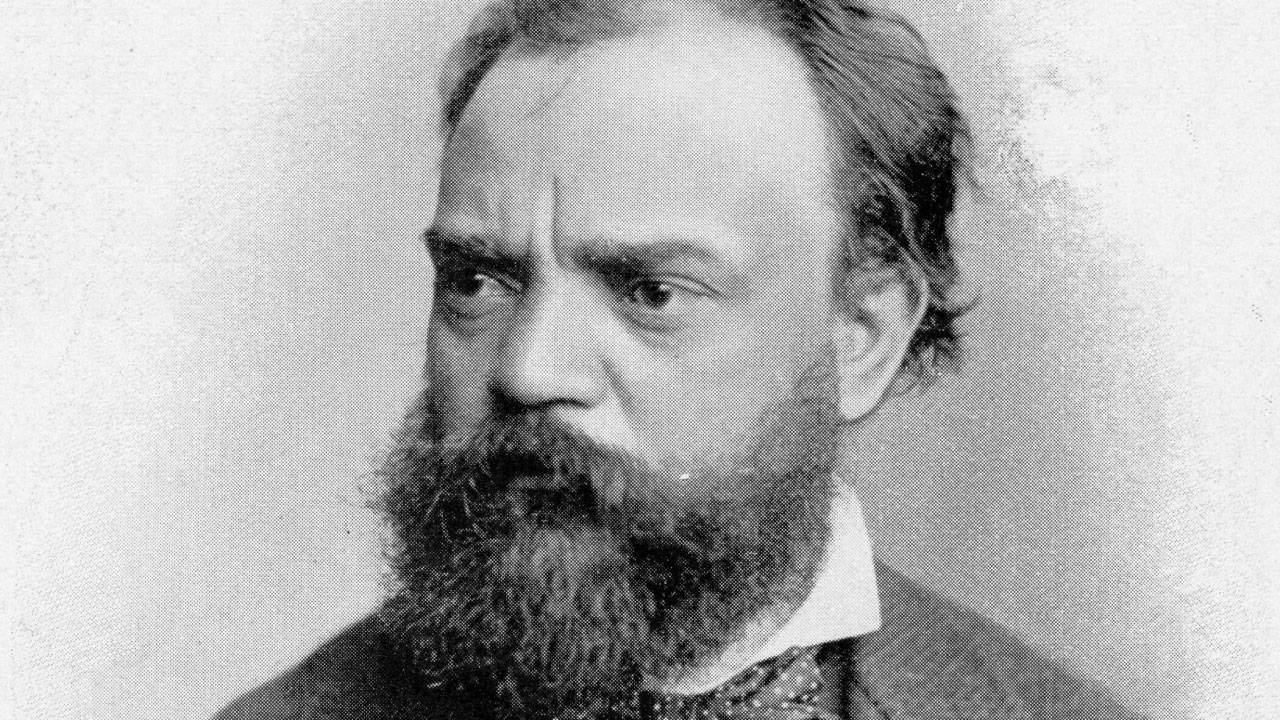Debussy’s “Les collines d’Anacapri”: A Sunny Mediterranean Postcard
Claude Debussy’s twenty four Préludes for solo piano, composed between 1909 and 1913, are atmospheric snapshots. Each opens up an enticing new vista which draws us in with the immediacy and sensuality of the most vivid impressionistic painting. Les collines d’Anacapri (“The Hills of Anacapri”), the fifth prelude from Book 1, was inspired by the Mediterranean scenery surrounding the town of Anacapri on the island of Capri. Debussy visited this location in the …






